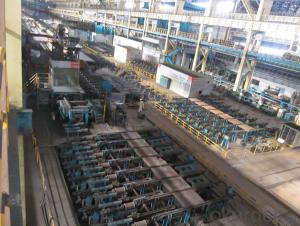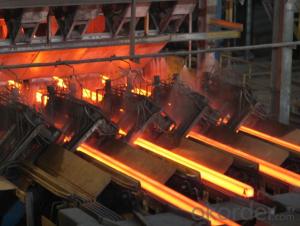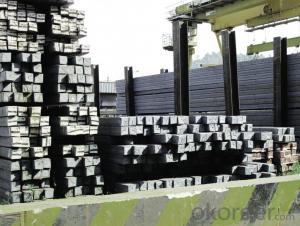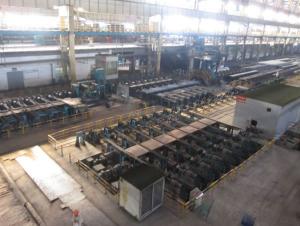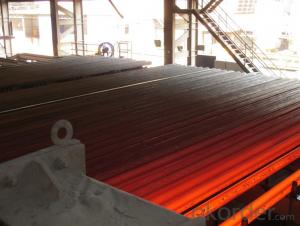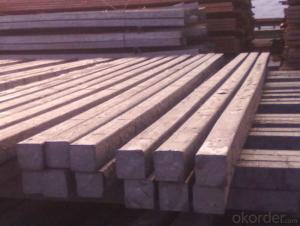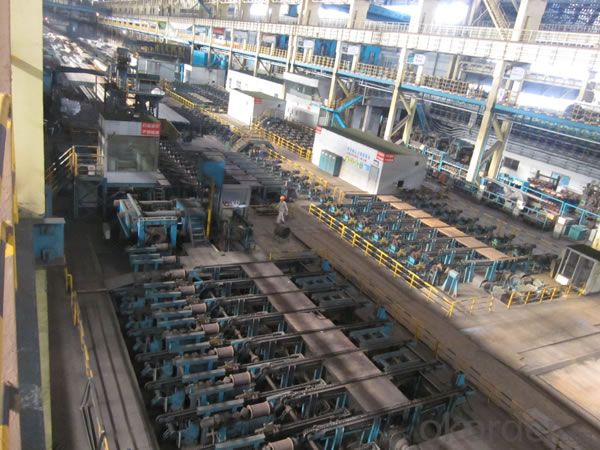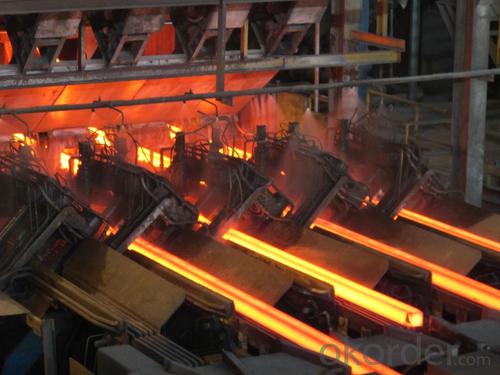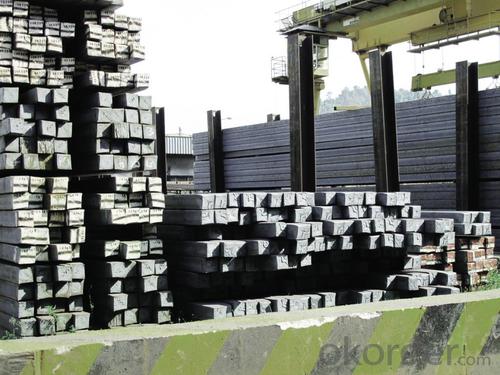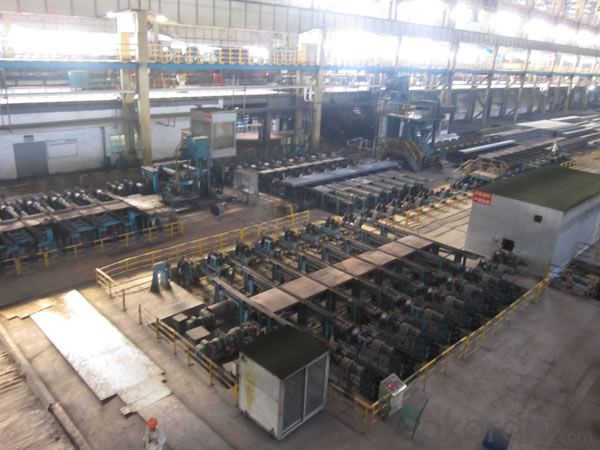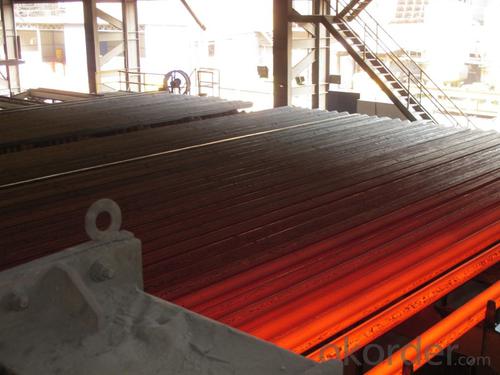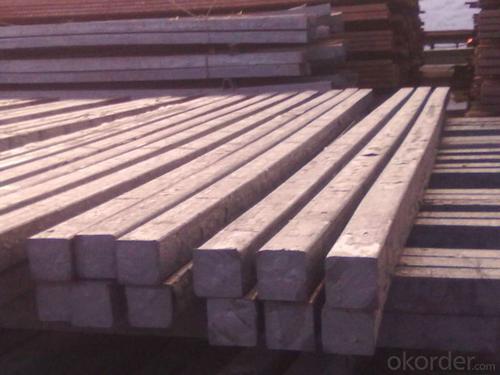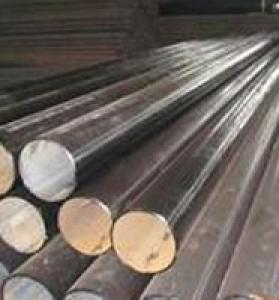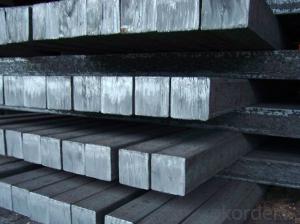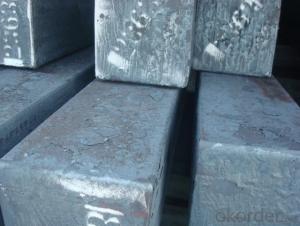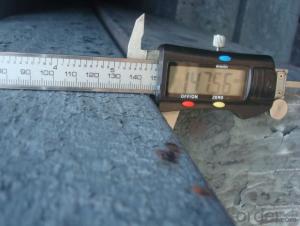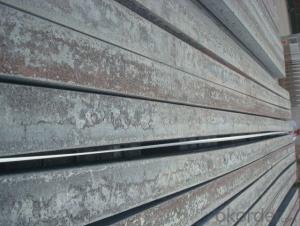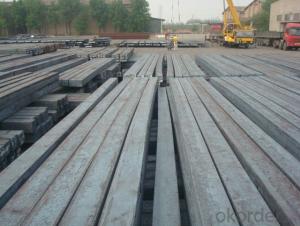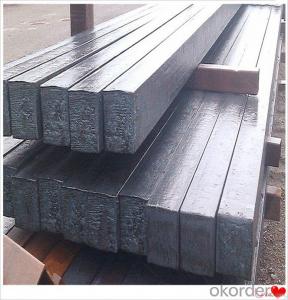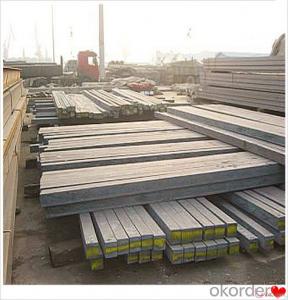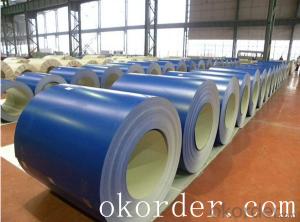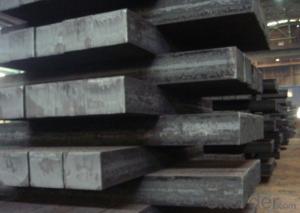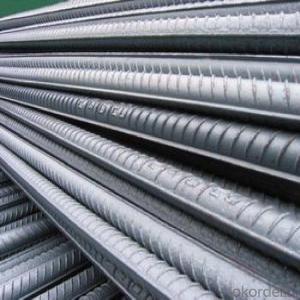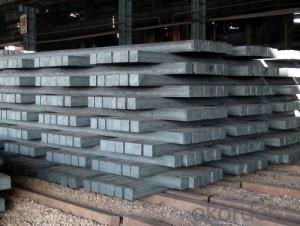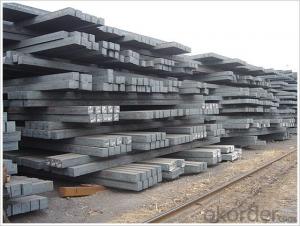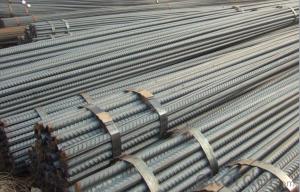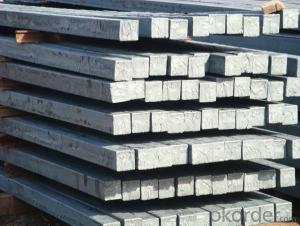Prime quality prepainted galvanized steel 680mm
- Loading Port:
- Tianjin
- Payment Terms:
- TT OR LC
- Min Order Qty:
- 100 m.t.
- Supply Capability:
- 10000 m.t./month
OKorder Service Pledge
OKorder Financial Service
You Might Also Like
Construction building material galvanized color prepainted cold
rolled steel coil
Prepainted steel sheet is coated with organic layer, which provides higher anti-corrosion property and
a longer lifespan than that of galvanized steel sheets.
The base metals for prepainted steel sheet consist of cold-rolled, HDG electro-galvanized and hot-dip
Alu-zinc coated. The finish coats of prepainted steel sheets can be classified into groups as follows:
polyester, silicon modified polyesters, polyvinylidene fluoride, high-durability polyester, etc
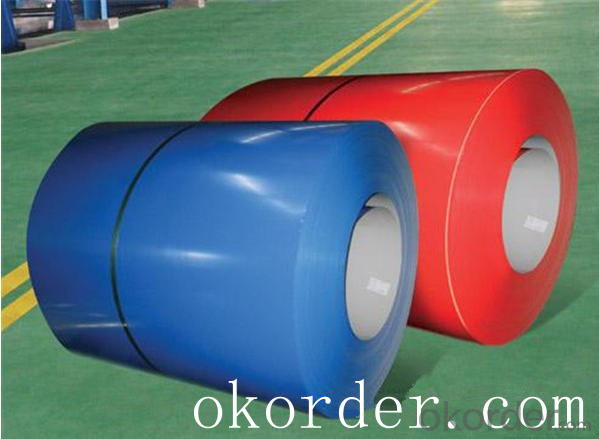
Standard and Grade :
Pre-paint galvanized steel coil | ||||
ASTM A755M-03 | EN10169:2006 | JISG 3312-2012 | ||
Commercial quality | CS | DX51D+Z | CGCC | |
Structure steel | SS GRADE 230 | S220GD+Z | CGC340 | |
SS GRADE 255 | S250GD+Z | CGC400 | ||
SS GRADE 275 | S280GD+Z | CGC440 | ||
SS GRADE 340 | S320GD+Z | CGC490 | ||
SS GRADE550 | S350GD+Z | CGC570 | ||
S550GD+Z | ||||
Application:
Outdoor | Roof, roof structure, surface sheet of balcony, frame of window, door of garage, rolled shutter door, booth, Persian blinds, cabana, etc |
Indoor | Door, isolater, frame of door, light steel structure of house, home electronic appliances, ect. |
Specifications
Commodity Name: Prepainted Galvanized Steel Coil
Standard: AISI, ASTM, DIN, GB, JIS
Grade: TDC52D+Z
Thickness 0.13-8.0mm
Width:600mm-1350mm
Zinc Coating:275g/m2
Polyester Coating Thickness:Top and Back coating thickness depend by Buyer Requirement.
Polyester Coating Type:2/2,1/2m,1/2.
Polyester Type: Polyester, silicone modified polyester, high durability polyester (HDP), polyvinylidene fluoride (PVDF)
Unit Roll Weight:5-20tons
Place of Origin Shanghai , China (Mainland)
Surface Treatment :Color Coated
Manufacture Progress:HRC-CRC-GALVANIZED-COLOR COATED
Application : Construction, electrical, transportation, steel plant, composite board plant, steel tile factory
Payment & Shipping Terms:T/T ,L/C, and FOB CHINA
Minimum Order Quantity: 25Tons
Packge Type: Moisture-proof paper inner,Steel outside,Bundle by steel rope.
Package in Container : Wood as a foot pad, wire rope reinforcement,PPGI steel coil tied together by steel rope.
- Q: How do steel billets contribute to the overall vibration resistance of a product?
- Steel billets are an essential component in enhancing the overall vibration resistance of a product. The high-strength properties of steel make it an ideal material for reducing vibrations and improving product stability. Steel billets are typically used as a raw material in the manufacturing process, where they are further processed into various shapes and forms. The dense and uniform structure of steel billets allows them to absorb and dissipate vibration energy effectively. When integrated into a product, steel billets provide additional mass, which helps dampen vibrations by absorbing and distributing the energy throughout the structure. This mass acts as a stabilizing force, preventing excessive movement and reducing the amplitude of vibrations. Moreover, steel billets possess excellent mechanical properties, such as high tensile strength and stiffness, which contribute to the overall vibration resistance of a product. These properties enable steel billets to withstand dynamic forces and resist deformation under vibration, ensuring the structural integrity of the product. Additionally, steel billets can be engineered to have specific geometries and cross-sectional shapes that further enhance their vibration resistance. For example, the use of round or square billets with smooth surfaces minimizes stress concentration points and reduces the risk of fatigue failure. By optimizing the design and dimensions of steel billets, manufacturers can tailor the vibration resistance of a product to meet specific requirements. In summary, steel billets play a crucial role in improving the overall vibration resistance of a product. Their high mass, dense structure, and superior mechanical properties enable them to absorb and dissipate vibration energy, stabilize the product, and enhance its structural integrity. By utilizing steel billets in the manufacturing process, manufacturers can ensure that their products are more resistant to vibrations, leading to improved performance and longevity.
- Q: How are steel billets used in the manufacturing of agricultural equipment?
- Steel billets are a vital component in the manufacturing process of agricultural equipment. They are essentially semi-finished steel products that serve as the raw material for various parts and components of agricultural machinery. When it comes to agricultural equipment manufacturing, one of the main purposes of steel billets is to construct the frame or chassis of the equipment. The frame provides the necessary structural integrity and support to endure the challenging conditions encountered in agricultural applications. Steel billets are commonly used due to their high strength, durability, and resistance to corrosion. These qualities are essential to withstand the heavy loads, vibrations, and exposure to harsh environments that agricultural machinery often faces. Moreover, steel billets are also utilized in producing other crucial components like axles, gears, shafts, and blades. These components are vital for the proper functioning and performance of agricultural equipment. Steel billets are preferred for these applications because of their machinability, allowing them to be easily shaped and formed into the specific specifications and dimensions required for each component. Furthermore, steel billets are employed in manufacturing attachments and implements commonly used in agricultural operations. For example, plows, harrows, cultivators, and seeders rely on steel billets to provide strength, durability, and resistance to wear and tear. These attachments often encounter demanding conditions and need to withstand the forces encountered during field operations. In summary, steel billets play a critical role in the manufacturing of agricultural equipment by providing the necessary strength, durability, and functionality required for these machines to perform effectively in the agricultural sector. The use of steel billets ensures that the agricultural equipment can withstand the harsh conditions of farming operations, resulting in increased productivity, efficiency, and longevity of the machinery.
- Q: How are steel billets used in the manufacturing of shipbuilding components?
- Steel billets are an essential raw material used in the manufacturing of shipbuilding components. These components are crucial for constructing ships, including hulls, decks, bulkheads, and other structural parts. The first step in using steel billets is to heat them in a furnace to a specific temperature, allowing them to become malleable. This process is known as hot rolling, which helps in shaping the billets into desired forms and sizes required for shipbuilding components. Hot rolling also enhances the mechanical properties of the steel, making it stronger and more durable. Once the billets are heated and shaped, they are further processed through various techniques such as forging, extrusion, or casting to create specific shipbuilding components. For example, the steel billets can be forged to create large and complex parts like ship propellers or rudders. Extrusion is used to form long and continuous shapes like shipbuilding beams or pipes. Casting is employed for intricate components such as engine parts or valves. After the initial shaping process, the steel components are then subjected to various finishing operations such as machining, welding, and surface treatment. Machining helps in achieving precise dimensions and smooth surfaces required for proper fitting and functioning of the shipbuilding components. Welding is used to join different steel components together, ensuring structural integrity and strength. Surface treatment techniques like painting or galvanizing are applied to protect the components from corrosion and increase their lifespan. Overall, steel billets play a vital role in shipbuilding as they provide the necessary raw material for manufacturing various components. Their versatility, strength, and durability make them ideal for constructing ships that can withstand the harsh marine environment. The use of steel billets, combined with advanced manufacturing techniques, ensures the production of high-quality shipbuilding components that meet stringent industry standards.
- Q: How are steel billets used in the production of agricultural components?
- Various agricultural components rely on steel billets as an essential raw material. These billets act as the foundation for the manufacturing process and are transformed into a diverse range of agricultural components, including plows, harrows, tillers, cultivators, and seeders. Initially, the steel billets are melted and cast into a solid form, usually rectangular or square, with a consistent cross-section. This solid steel piece is then heated and rolled into the desired shape and size required for the specific agricultural component being produced. After rolling and shaping the billets, they undergo further processes such as cutting, drilling, bending, and welding to create the final agricultural component. These components are specifically designed to endure the demanding conditions of the agricultural industry, including exposure to harsh weather, heavy loads, and frequent use. Steel billets offer several advantages in the production of agricultural components. Firstly, steel is a sturdy and resilient material that provides the necessary strength and durability for effective agricultural machinery operation. Additionally, steel is highly resistant to corrosion, ensuring that the agricultural components can withstand exposure to moisture, fertilizers, and other commonly used farming chemicals. Moreover, steel billets can be easily customized and fabricated into various shapes and sizes, allowing for the production of a wide variety of agricultural components tailored to specific farming needs. The versatility of steel billets also enables manufacturers to create components with intricate designs and features, enhancing their functionality and performance. In conclusion, steel billets play a crucial role in the production of agricultural components. The versatility, strength, and durability of steel make it an ideal material for manufacturing machinery and equipment used in the agricultural industry. By starting with steel billets and transforming them through various manufacturing processes, agricultural components are created that can withstand the demanding conditions of farming, contributing to the efficiency and productivity of agricultural operations.
- Q: How do steel billets contribute to the manufacturing of construction materials?
- The utilization of steel billets is crucial in the manufacturing of construction materials, playing a vital role in the industry. These billets serve as the primary raw material that undergoes transformation into a diverse range of steel products, which are then utilized in construction projects. To begin with, steel billets act as the starting point for the production of different types of steel products, including bars, rods, beams, and sections. These products are of utmost importance in the construction sector, as they provide structural support and reinforcement. For instance, steel bars are commonly employed in the construction of reinforced concrete structures, thereby imparting strength and durability to the building. Moreover, steel billets find application in the production of pipes and tubes, which hold great significance in plumbing, heating, ventilation, and air conditioning (HVAC) systems within buildings. These pipes and tubes ensure the efficient flow of water, gas, and air, thereby contributing to the overall functionality and comfort of the structure. Furthermore, steel billets are utilized in the manufacturing of steel sheets and plates, which are extensively used in construction applications such as roofing, cladding, and flooring. These steel sheets and plates offer exceptional strength, resistance to corrosion, and aesthetic appeal. They are commonly employed in high-rise buildings, warehouses, and industrial facilities. Additionally, steel billets play a crucial role in the production of prefabricated construction materials. Prefabrication involves the manufacturing of building components off-site, which are subsequently transported and assembled on-site. Steel billets are employed in the creation of prefabricated steel frames, trusses, and panels, streamlining the construction process and reducing time and labor costs. In conclusion, steel billets serve as the foundation of the construction materials industry. Their transformation into various steel products is imperative for structural support, reinforcement, plumbing, HVAC systems, roofing, cladding, flooring, and prefabrication. The utilization of steel billets ensures the strength, durability, and functionality of construction materials, making a significant contribution to the overall quality of construction projects.
- Q: How are steel billets used in the manufacturing of industrial tools?
- Steel billets are used in the manufacturing of industrial tools as they serve as the initial raw material for various tool components. These billets undergo a series of processes such as heating, forging, and machining to shape them into the desired tool parts, such as blades, bits, or molds. The superior strength and durability of steel make it an ideal material for industrial tools, ensuring their ability to withstand heavy usage and challenging working conditions.
- Q: How are steel billets used in the production of agricultural irrigation systems?
- Steel billets are commonly used in the production of agricultural irrigation systems as they serve as the raw material for manufacturing various components such as pipes, fittings, and connectors. These billets are heated, molded, and shaped into the desired form, ensuring the strength and durability needed to withstand the demands of irrigation systems in agricultural settings.
- Q: What is the average lifespan of a steel billet in a structural application?
- Several factors can greatly affect the average lifespan of a steel billet in a structural application. These factors encompass the quality of the steel utilized, the specific structural application, the environmental conditions, and the level of maintenance and care given to the structure. Steel is generally acknowledged for its durability and longevity, making it a popular choice for structural applications. When designed, constructed, and maintained properly, a steel billet can have a lifespan ranging from several decades to over a century. However, it is important to acknowledge that certain factors can significantly impact the lifespan of a steel billet. For instance, exposure to harsh environmental conditions like extreme temperatures, corrosive substances, or high levels of humidity can expedite the steel's deterioration and decrease its lifespan. Similarly, the structural application itself plays a vital role in determining the lifespan of a steel billet. Structures subjected to heavy loads, frequent vibrations, or dynamic stresses may experience accelerated deterioration and necessitate more frequent maintenance or replacement. Finally, the quality of the steel used also affects the lifespan of a steel billet. Higher quality steels, such as those with exceptional corrosion resistance or higher tensile strength, generally have longer lifespans compared to lower grade steels. To accurately ascertain the average lifespan of a steel billet in a specific structural application, it is advisable to consult with structural engineers, manufacturers, or industry experts. These professionals can evaluate the specific conditions and provide a more precise estimate based on their expertise and knowledge of the particular project.
- Q: What is the role of steel billets in the manufacturing of tools and dies?
- Steel billets play a crucial role in the manufacturing of tools and dies as they serve as the raw material for shaping and forming these components. Billets are heated, forged, and machined to create the desired shape and strength required for tools and dies. The high-quality, durable nature of steel billets ensures that the resulting tools and dies possess the necessary hardness, toughness, and wear resistance to withstand the demanding conditions of their applications.
- Q: How do steel billets compare to other types of raw materials in manufacturing?
- Steel billets, recognized extensively as one of the most versatile and commonly utilized raw materials in manufacturing industries, possess various advantages that render them highly sought after. To begin with, the extraordinary strength and durability of steel billets make them suitable for a diverse array of applications, such as construction, automotive, and machinery manufacturing. Boasting high tensile strength, steel billets ensure the structural integrity of the final product. Furthermore, steel billets exhibit exceptional heat resistance, making them ideal for sectors involving exposure to extreme temperatures, such as aerospace and energy industries. These billets can endure high temperatures without compromising their mechanical properties, guaranteeing the longevity and reliability of the manufactured goods. Additionally, steel billets possess high malleability and can be effortlessly shaped into numerous forms through processes like rolling, forging, or extrusion. This versatility enables manufacturers to fabricate intricate and complex parts, components, and structures, catering to the diverse needs of various industries. Moreover, steel billets are readily available in substantial quantities, making them a cost-effective option for manufacturing. The abundance of steel billets in the market ensures a stable supply chain, mitigating potential disruptions caused by material shortages. Lastly, steel billets are renowned for their recyclability, rendering them an environmentally friendly choice. Steel stands as one of the most recycled materials globally, and the utilization of steel billets in manufacturing contributes to reducing the environmental impact of waste disposal, while conserving natural resources. In conclusion, the exceptional strength, heat resistance, malleability, cost-effectiveness, and recyclability of steel billets surpass other types of raw materials in manufacturing. These qualities establish steel billets as the preferred choice for a wide range of industries, offering reliability, versatility, and sustainability throughout the manufacturing process.
Send your message to us
Prime quality prepainted galvanized steel 680mm
- Loading Port:
- Tianjin
- Payment Terms:
- TT OR LC
- Min Order Qty:
- 100 m.t.
- Supply Capability:
- 10000 m.t./month
OKorder Service Pledge
OKorder Financial Service
Similar products
Hot products
Hot Searches
Related keywords
